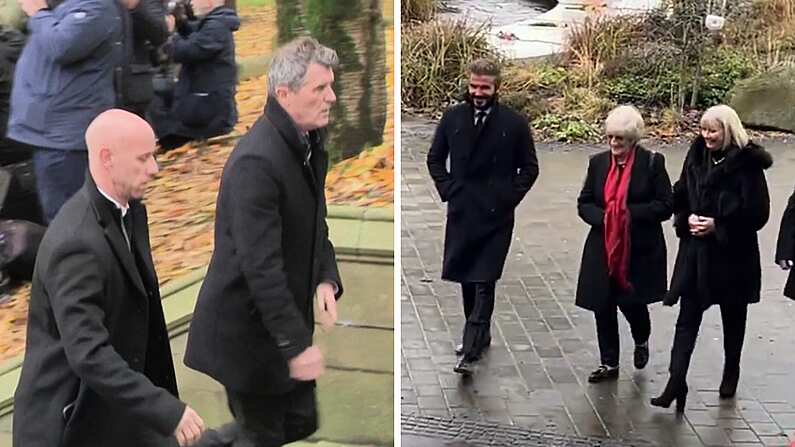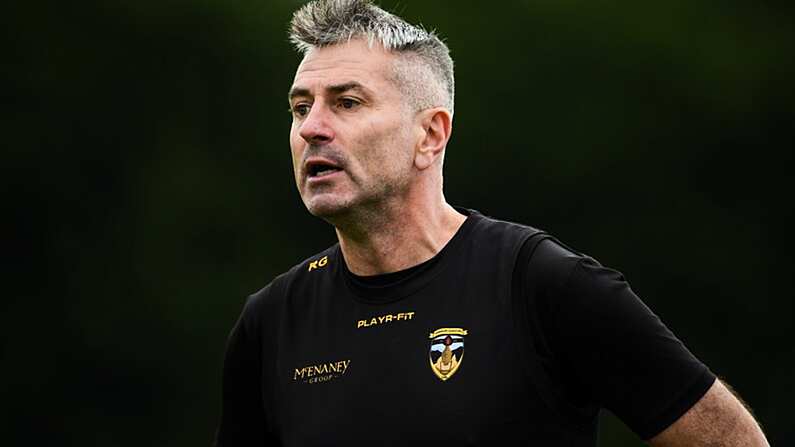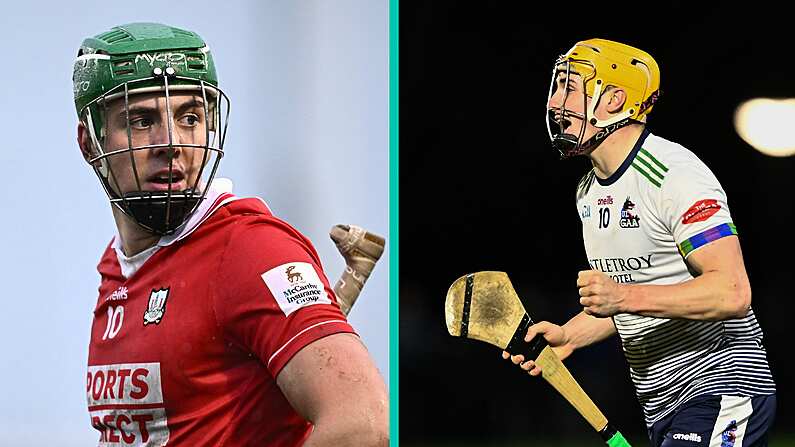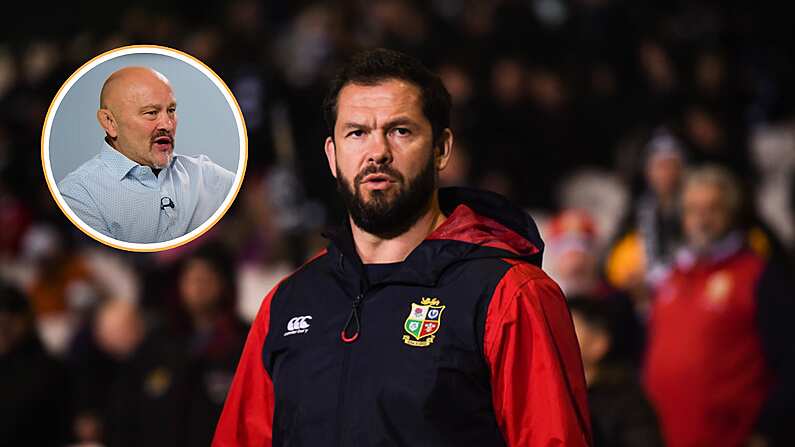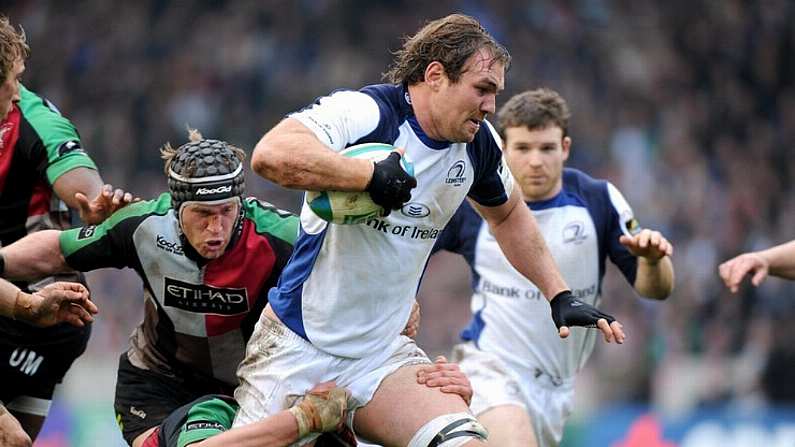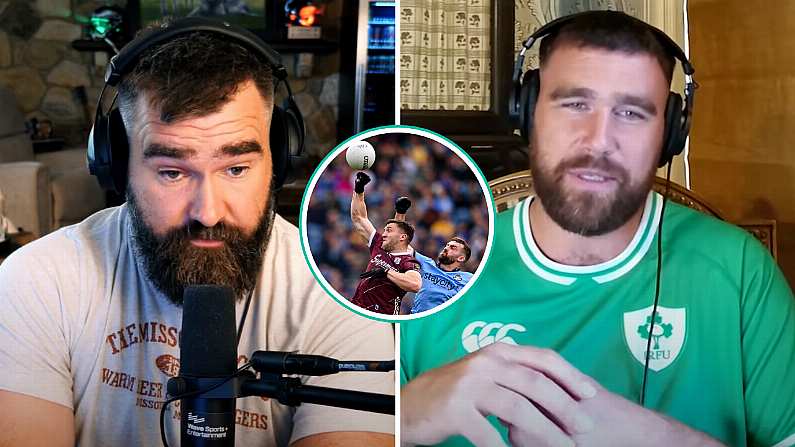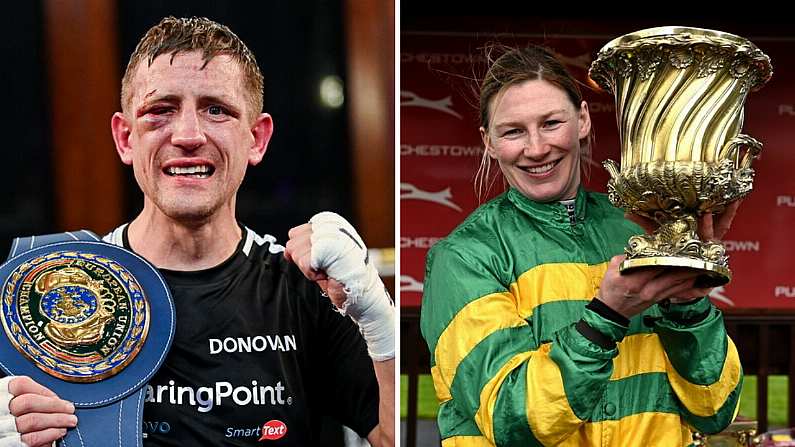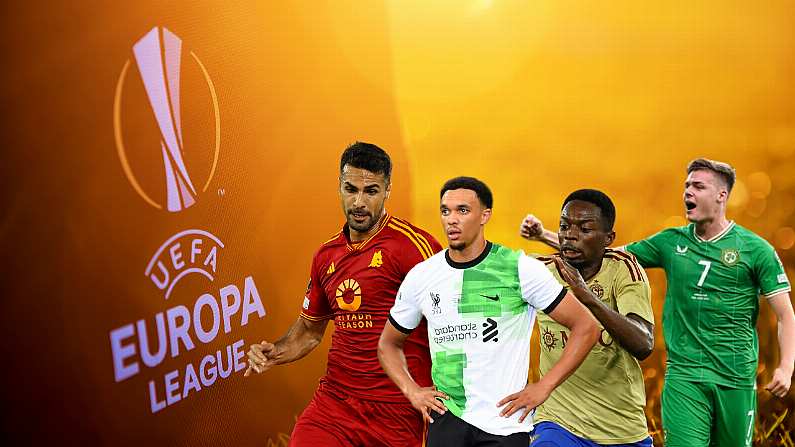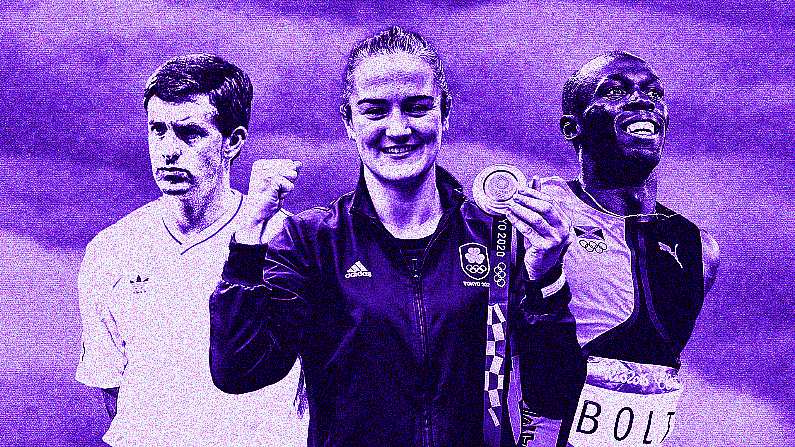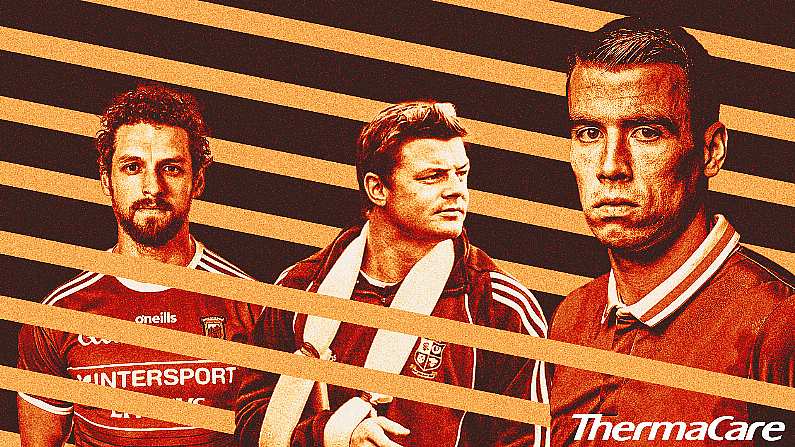'The game is the same, it's just up on another level'
- Bob Dylan, "Po' Boy"
A call for modernisation allowed the nascent Premier League to look as new, exciting and exclusive as the doyens of England's elite football clubs imagined; the unerring possibility of tragedy that had been encapsulated by the horrors of Hillsborough had always left the probability of change assured.
An intense period of refurbishment sought to redress the landscape of English football. Infrastructural changes turned often crumbling, old-fashioned stadiums into safe, more family-orientated spaces.
Aesthetically, the shock of the new gave cause to forget remnants of the game that had reached a climax of sorts in the 1980s - none more so than a shameless culture of racist chanting.
In speaking to Garrett Mullan, the Director of Show Racism the Red Card, recollections of hearing the abuse black footballers received through your television was replaced by a silence that the more easily policed stadiums of the Premier League era made possible:
When I was growing up, watching Football Focus on a Saturday, you would have players like Cyrille Regis and John Barnes playing, and you could hear the monkey-chanting coming through the TV. ... It was that loud and that pervasive in the 1980s.
Then, with a combination of reconstructing stadiums and football legislation, it became easier to pick out people who were giving racist abuse to players.
Does that mean racism went away in England in the 1990s? No it doesn't .
Needless to say, it is not a uniquely English issue.
In conjunction with the Professional Footballers Association of Ireland, Mullan has this week been publicly addressing the racially fueled abuse aimed at Cyrus Christie in the wake of Ireland's World Cup playoff defeat to Denmark.
Directing the Irish based initiative, Show Racism the Red Card, Mullan identified the possibilities that come with such troubling behaviour:
It has given us all an opportunity to talk about the issue, and for people within the game to be aware of it and that it can effect not only international players, but players at any level, right down to grassroots.
Yet, we must ask, how prevalent is this kind of behaviour within Irish sporting society?
At the top level, Chris Hughton, the first black footballer to represent Ireland, revealed that contrary to certain unfortunate experiences as a club player in England, he was never racially abused representing Ireland.
The contrary experiences of GAA players such as Jason Sherlock or Lee Chin hardly prove as assuring however; Sherlock's recently released autobiography Jayo detailed the abuse he faced on account of his mixed racial heritage.
Crossmaglen's Aaron Cunningham, Cork's Seán Óg Ó hAilpín, Munster's Simon Zebo or Ireland's Paul McGrath all tell stories of the abuse they have suffered; their differences a target that could be exploited.
Mullon's work with such incidents in an Irish sporting environment would appear to suggest that Hughton's experience may be something of an exception:
There have been quite a number of incidents reported within sport - GAA, soccer and elsewhere - over recent years.
I would say there has probably been a rise in [reported incidents of racism since Show Racism the Red Card began in 2006.]
Action is needed to both tackle it in response, but also to educate people about it and the impact that it has.
While clearly not an issue that permeates sport alone, the visceral, emotionally-charged atmosphere surrounding competitive sport particularly makes it an environment far more conducive to such behaviour.
For Christie, the disappointing nature of Ireland's defeat undoubtedly contributed to a frame of mind that left a small - and, perhaps by now, regretful - faction of fans in need of some release.
Yet, such excuses do not cut it for Mullan:
Sometimes they say, "Well, I wasn't really thinking", but, if you say something like that, you make threats against a player like that, it comes from what they are thinking.
Where such ideas and thoughts emerge are more important to deduce than the actuality of their intention to hurt.
For Mullan, the likelihood is that those who perform such acts in public probably do so in private also, amongst friends. Whatever the motivation, if such abuse isn't challenged within these smaller gatherings, people will believe 'they can probably get away with it' in a larger, but still relatively anonymous setting.
Such was the nature of Christie's abuse. It did not take place within the safe, carefully policed and monitored Aviva stadium where such remarks and threats would, ideally, not be tolerated; it was a series of reactions that came via space-less, ethereal social media.
Although the authorities in England have been making moves to address this online abuse in a more forthright manner, Ireland, according to Mullan, 'can be a bit weak with responses.'
Perhaps inspired by the nation's less toxic relationship with racism compared to other, more virulent examples, the fact remains that increased immigration is already shaping a newer Ireland that will require not a response, but prior action.
Citing the example of Ballyhaunis GAA club in Mayo, attempts there to integrate what became an unusually diverse population - 'the most culturally diverse small town in Ireland' - signal the way forward for Mullan:
Some great work has taken place in towns like that. Immigration is new to Ireland. In 1996, just 1% of our population was from outside Ireland, now its about 15% - that's a lot of change.
The lessons we can take from Ballyhaunis is that integration requires an active response, it doesn't just happen.
It's all very well saying, "Oh, Ireland is a very diverse society", but it needs to active support where clubs need support to include those who are new, who aren't already participating.
Seeking to disrupt the flow of racist behaviour and language from one generation to another, or between peers, Show Racism the Red Card has noticed an increase in those who wish to address the issue at its root:
We just completed the Football Against Racism in Europe fortnight back in October.
This year we had 60 grassroots clubs that participated; two years ago it was just 15. That's about 4,000 players at grassroots level that took part in activities that show racism the red card.
They didn't have to do that, they had to register on our website to take part. There is increased interest in tackling racism.
This is the essence of Mullan's approach; 'integration requires an active response, it doesn't just happen.'
For Cyrus Christie, there will be some comfort in the consolation and incredible positivity that this situation has aroused in his fellow professionals, and, indeed, country-people.
Regarding Ireland's expansive sporting community however, from the international footballer to U-8 hurler, racism is not quite rife, but exists all the same.
With those who are 'not accepting [of] difference, not accepting that there are different types of people with different backgrounds, different beliefs', the problem finds its root, but hardly its solution.
For Mullan, the impetus lies with the neutral observer. Witnessing such behaviour and failing to act is tantamount to acceptance.
You can keep up to date with the activities and initiatives Mullan and Show Racism the Red Card offer here.


